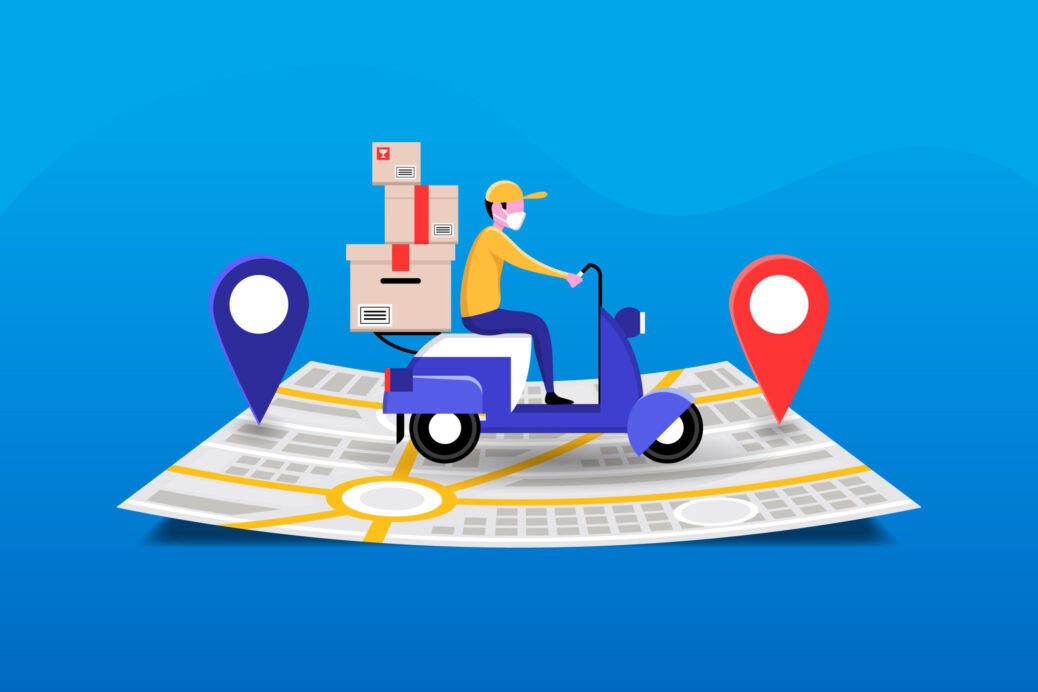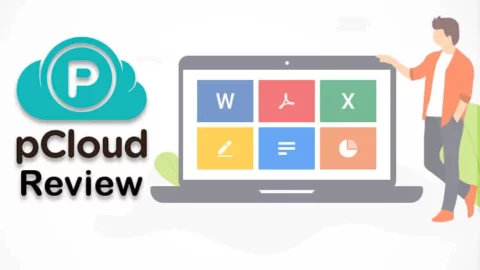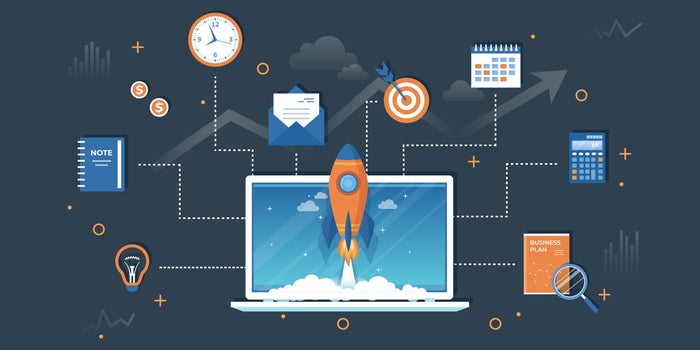Logistics technology refers to the use of technology to manage and streamline the movement of goods and materials from point of origin to point of consumption.
Logistics plays a critical role in the success of businesses by ensuring the timely and cost-effective delivery of goods and services to customers.
Last mile logistics refers to the final step of the delivery process, from a transportation hub to the end customer. Due to the growing customer expectations for quick and reliable delivery, it is becoming increasingly important for businesses to focus on this aspect of logistics.
Advantages of using logistics technology
Below are three advantages of using logistic technology:
i. Increased efficiency and cost savings
Logistics technology helps automate and streamline processes, reducing manual errors and improving overall efficiency and Warehouse management system. This leads to cost savings through reduced operational expenses and improved delivery times.
11. Improved customer satisfaction
Logistics technology provides real-time tracking and updates, allowing customers to easily track their deliveries and receive accurate delivery estimates. This leads to increased customer satisfaction and loyalty.
iii. Better tracking and real-time updates
Logistics technology offers a centralized platform for tracking and monitoring deliveries, providing businesses with real-time visibility into their supply chain operations. This leads to improved decision-making and more accurate delivery estimates.
Challenges in last mile logistics
Below are three challenges of last mile logistics
i. Lack of visibility and control
Last mile logistics can often be challenging due to the limited visibility and control over the delivery process. This can lead to unexpected delays and decreased efficiency.
ii. High operational costs
Last mile logistics can be expensive due to factors such as high labor costs, limited delivery options, and the need for specialized equipment and personnel.
iii. Customer expectations for quick and reliable delivery
Customers have grown to expect fast and reliable delivery, which can be challenging for businesses to provide consistently in last mile logistics. This puts pressure on businesses to improve their delivery processes and meet customer demands.
How logistics technology addresses challenges in last mile logistics
Below are ways in which logistic technology addresses challenges in last mile logistics:
i. Route optimization and real-time tracking
Logistics technology provides businesses with the tools to optimize delivery routes and monitor deliveries in real-time, reducing unexpected delays and improving delivery times.
ii. Automated processes for improved efficiency
Logistics technology automates many manual processes, such as scheduling, dispatch, and delivery confirmation, reducing the likelihood of errors and increasing efficiency.
iii. Integration with e-commerce platforms for seamless customer experience
Logistics technology can be integrated with e-commerce platforms, providing customers with real-time tracking and delivery updates and offering a seamless experience from ordering to delivery.
Examples of companies successfully utilizing logistics technology
i. Amazon Prime
Amazon Prime is a subscription-based service that offers fast, free shipping and a variety of other benefits to its customers. The company utilizes logistics technology to optimize delivery routes and provide real-time updates to customers.
ii. UPS My Choice
UPS My Choice is a service offered by UPS that allows customers to track deliveries, receive delivery updates, and redirect packages as needed.
iii. FedEx Delivery Manager
FedEx Delivery Manager is a service offered by FedEx that provides customers with the ability to track deliveries, receive delivery updates, and redirect packages as needed. The service utilizes logistics technology to streamline delivery processes and provide a seamless customer experience.
Future of logistics technology and its impact on last mile logistics
i. Advancements in automation and AI
The future of logistics technology will likely see increased automation and the integration of artificial intelligence, resulting in improved delivery times and increased efficiency.
ii. Increased focus on sustainability and eco-friendly solutions
As the demand for sustainable and eco-friendly solutions continues to grow, logistics technology will play a critical role in helping businesses reduce their carbon footprint and minimize waste.
iii. Emerging trends in urban delivery and micro-fulfillment centers
The rise of e-commerce and the growth of urban populations are leading to the development of new trends in last mile logistics, such as urban delivery and micro-fulfillment centers. Logistics technology will play a key role in supporting these trends and helping businesses meet the growing demands of customers.
Conclusion
Logistics technology is becoming increasingly important for businesses to improve delivery processes and meet the growing demands of customers.
Logistics technology offers benefits such as increased efficiency, improved customer satisfaction, and better visibility and control over delivery processes.
As the demand for fast and reliable delivery continues to grow, businesses will need to invest in logistics technology to stay competitive and meet the needs of their customers. The future of logistics technology is exciting, with potential advancements in automation, sustainability, and new trends in urban delivery.









